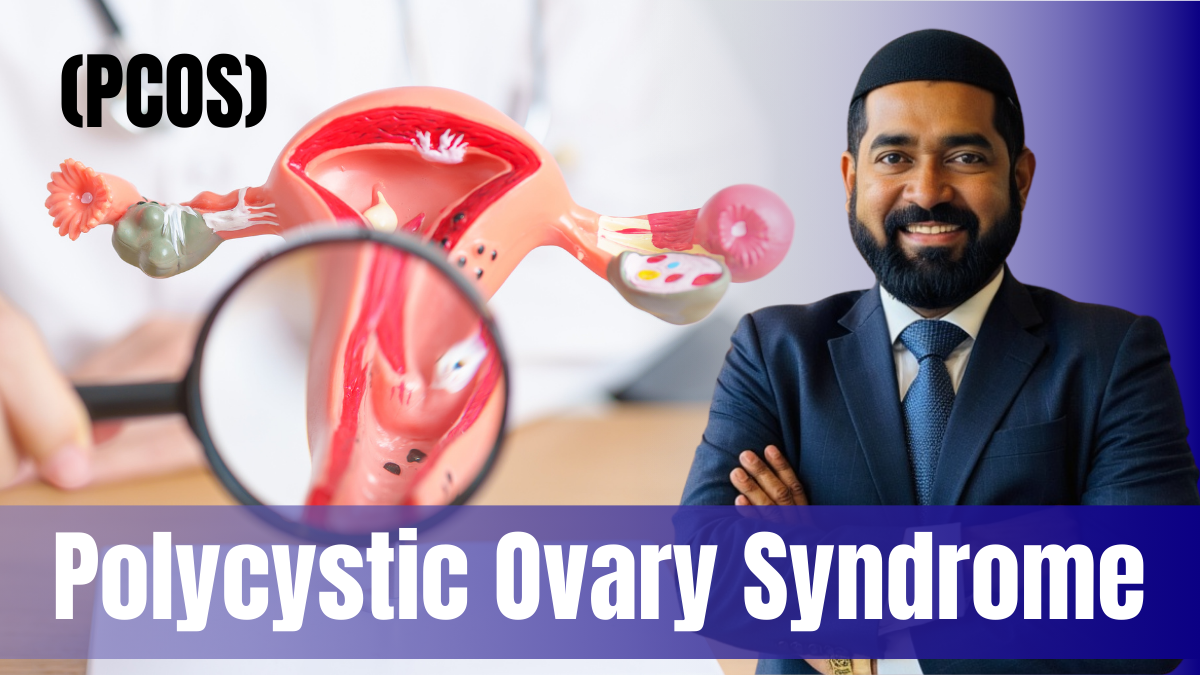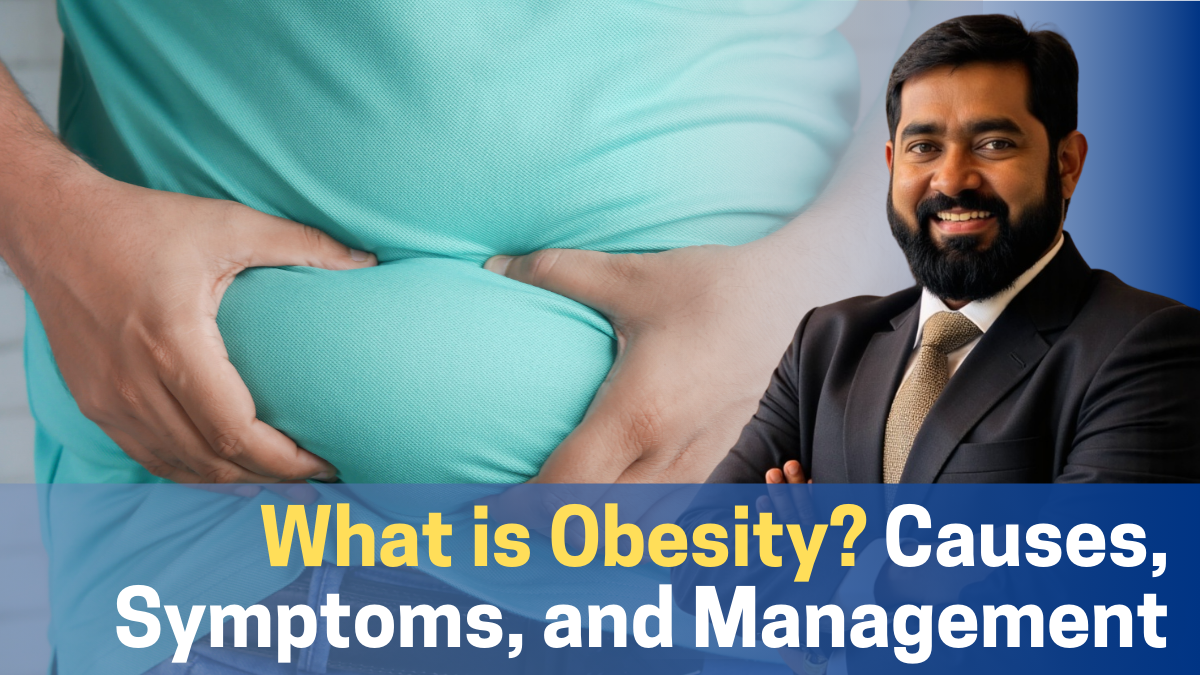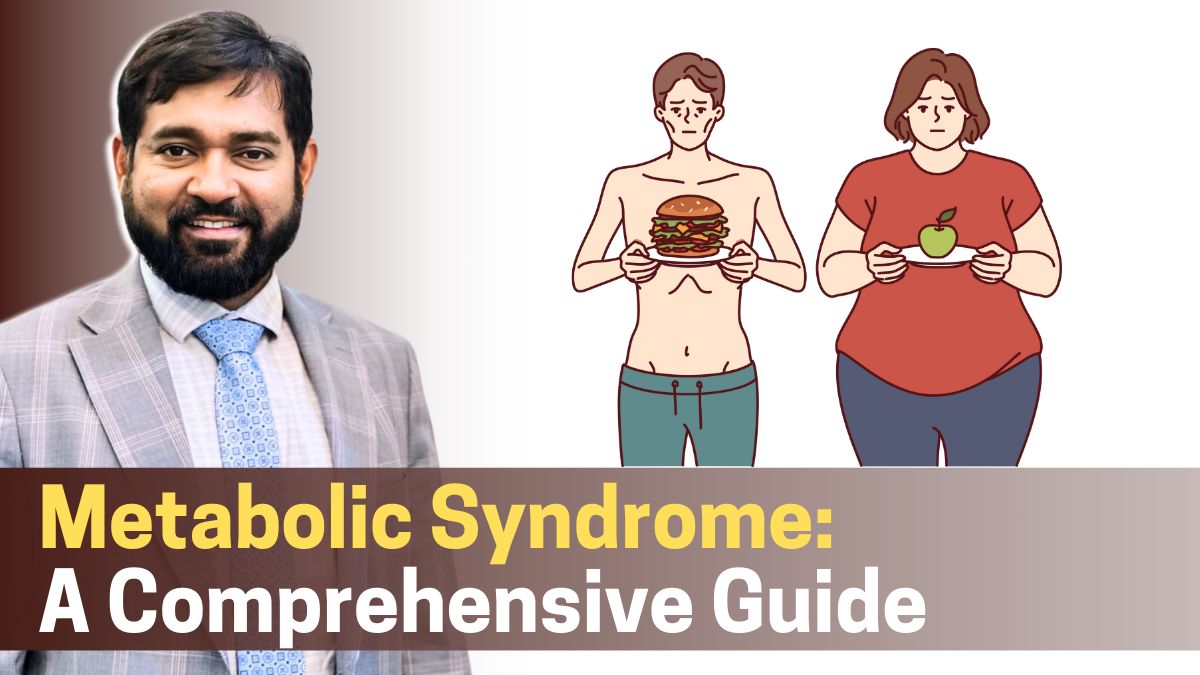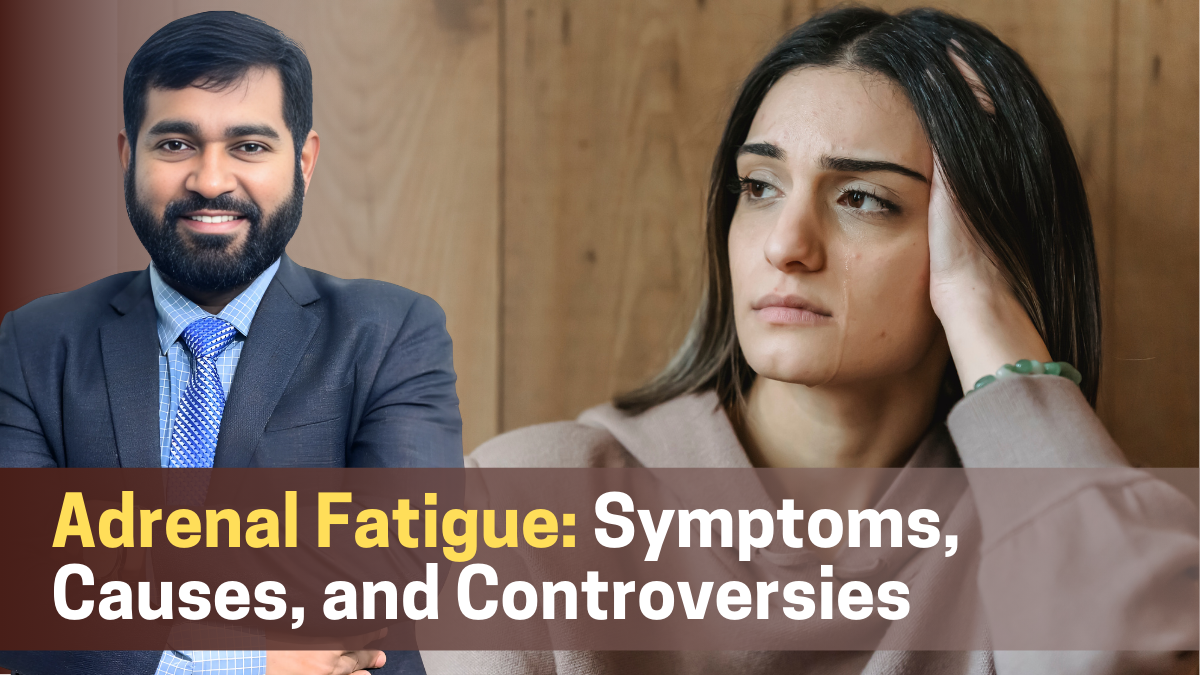26
Polycystic Ovary Syndrome (PCOS): Understanding Symptoms, Causes, and Treatment
Polycystic ovary syndrome (PCOS) is a common endocrine disorder affecting women of reproductive age. It is characterized by hormonal imbalances, irregular menstrual cycles, and the presence of cysts on the ovaries. PCOS can lead to various health issues, including infertility, obesity, and an increased risk of developing conditions like type 2 diabetes and heart disease. This article provides an overview of the symptoms, causes, diagnosis, and treatment options for PCOS.
Symptoms of PCOS
Symptoms of PCOS can vary widely among individuals but typically include:
-
Irregular Menstrual Cycles: Infrequent or prolonged menstrual periods, often resulting in oligomenorrhea or amenorrhea.
-
Excess Androgen Levels: High levels of male hormones can cause hirsutism (excessive hair growth on the face, chest, back, or buttocks), acne, and male-pattern baldness.
-
Weight Gain: Often around the abdomen, contributing to obesity and metabolic issues.
-
Infertility: Difficulty conceiving due to ovulation problems.
-
Ovarian Cysts: While not all women with PCOS have cysts, the condition is often associated with polycystic ovaries.
Causes of PCOS
The exact cause of PCOS is unknown, but it is linked to hormonal imbalances, particularly insulin resistance and high levels of androgens. Factors contributing to PCOS include:
-
Genetic Predisposition: Family history plays a role, as PCOS often runs in families.
-
Insulin Resistance: Many women with PCOS have insulin resistance, leading to increased insulin production and higher androgen levels.
-
Obesity: Being overweight or obese can exacerbate insulin resistance and worsen symptoms.
Diagnosis of PCOS
Diagnosis involves identifying at least two of the following criteria:
-
Irregular Menstrual Cycles: Absent or infrequent periods.
-
Signs of High Androgen Levels: Hirsutism, acne, or elevated testosterone levels.
-
Polycystic Ovaries: Detected by ultrasound, though not all women with PCOS have this feature.
Blood tests may also be conducted to rule out other causes of hormonal imbalances and to assess insulin and hormone levels.
Treatment of PCOS
There is no cure for PCOS, but symptoms can be managed with lifestyle changes and medical treatments:
-
Lifestyle Changes: Weight loss through diet and exercise can improve insulin sensitivity and reduce symptoms.
-
Medications: Birth control pills to regulate menstrual cycles and reduce androgen levels, anti-androgen medications for hirsutism, and fertility treatments for those trying to conceive.
-
Surgical Options: Laparoscopic ovarian drilling may be considered for fertility issues.
Complications of PCOS
Untreated PCOS can lead to several long-term health complications, including:
-
Type 2 Diabetes: Increased risk due to insulin resistance.
-
High Blood Pressure and Cholesterol: Contributing to cardiovascular disease.
-
Endometrial Cancer: Risk increased due to unopposed estrogen from anovulation.
-
Mental Health Issues: Depression and anxiety are common among women with PCOS.
Conclusion
PCOS is a complex condition that affects not only reproductive health but also overall well-being. Understanding its symptoms, causes, and treatment options is crucial for effective management. By promoting awareness and encouraging early intervention, we can improve the quality of life for individuals with PCOS and reduce the risk of associated health complications.
References:
-
World Health Organization. (2025). Polycystic ovary syndrome. Retrieved from https://www.who.int/news-room/fact-sheets/detail/polycystic-ovary-syndrome
-
MSD Manuals. (2023). Polycystic Ovary Syndrome (PCOS). Retrieved from https://www.msdmanuals.com/professional/gynecology-and-obstetrics/menstrual-abnormalities/polycystic-ovary-syndrome-pcos
-
NHS. (2024). Polycystic ovary syndrome. Retrieved from https://www.nhs.uk/conditions/polycystic-ovary-syndrome-pcos/
-
Johns Hopkins Medicine. (n.d.). Polycystic Ovary Syndrome (PCOS). Retrieved from https://www.hopkinsmedicine.org/health/conditions-and-diseases/polycystic-ovary-syndrome-pcos
-
NHS. (2022). Polycystic ovary syndrome - Symptoms. Retrieved from https://www.nhs.uk/conditions/polycystic-ovary-syndrome-pcos/symptoms/
-
Mayo Clinic. (n.d.). Polycystic ovary syndrome (PCOS) - Symptoms and causes. Retrieved from https://www.mayoclinic.org/diseases-conditions/pcos/symptoms-causes/syc-20353439
-
Cleveland Clinic. (n.d.). PCOS (Polycystic Ovary Syndrome): Symptoms & Treatment. Retrieved from https://my.clevelandclinic.org/health/diseases/8316-polycystic-ovary-syndrome-pcos
-
Healthline. (n.d.). Polycystic Ovary Syndrome (PCOS): Symptoms, Causes, and Treatment. Retrieved from https://www.healthline.com/health/polycystic-ovary-disease




